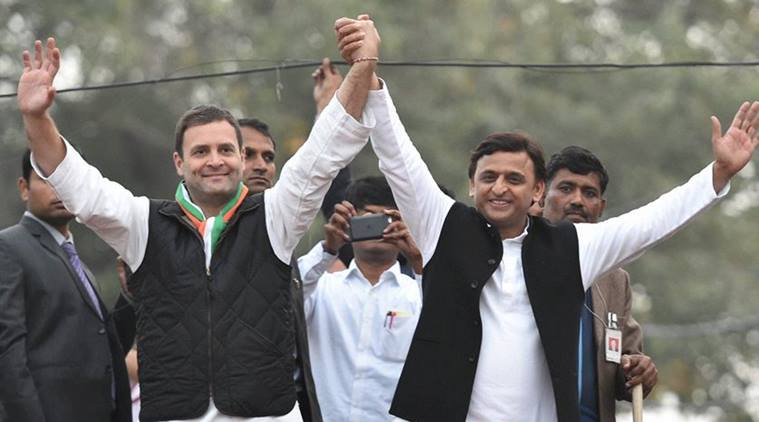Other responses suggest Germans like the anonymity of cash, in keeping with their general enthusiasm for tightly protecting privacy.

But, of course, their attitudes toward currency must owe something to Germany’s tumultuous monetary history. During the Weimar-era hyperinflation that peaked in 1923, prices rose roughly a trillion-fold, as Germany attempted to pay its onerous war reparations with devalued marks.
So what role does this history play in the preference for cash?
One explanation is that, as researchers have found, memories of hyperinflation have quite a bit of staying power. People in countries that suffered banking crises quite sensibly often prefer to save in cash—though typically in foreign currencies such as US dollars—rather than put money in the bank. (Federal Reserve Bank of New York economists found that demand for US dollars rises for at least a generation in countries after they suffer a searing experience with high inflation.) And countries such as Bulgaria and Romania, which have recent histories of currency instability and financial crises, also are quite heavy users of cash.

























